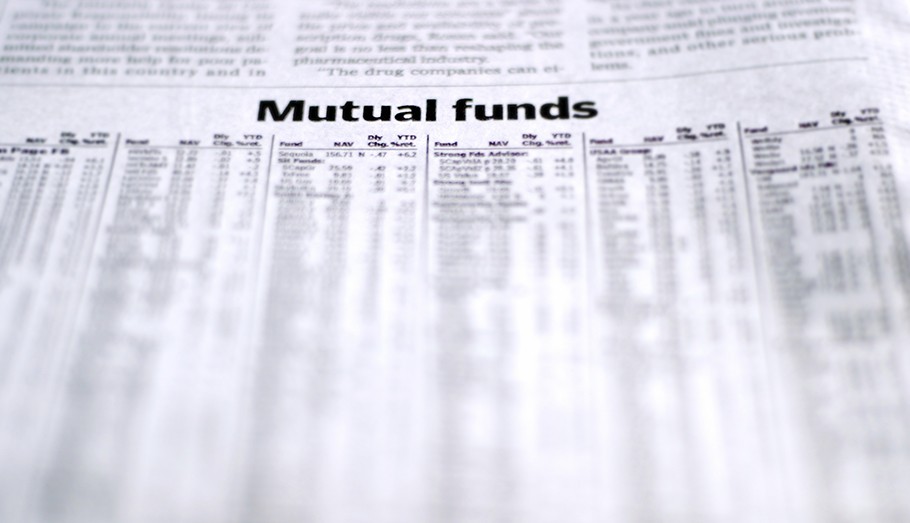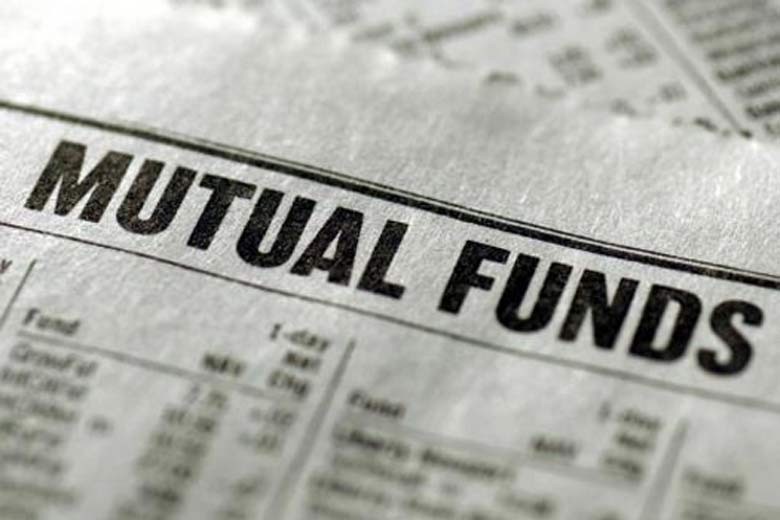Mutual Funds What To Do Now
Post on: 18 Май, 2015 No Comment

November 09, 2003
Every few days, there’s yet another revelation of a mutual- fund company coming under regulatory scrutiny for allowing favored investors to take advantage of rank-and-file shareholders. And with the Securities & Exchange Commission demanding more information from 88 fund management companies, it’s unlikely that we’ve heard the last of the transgressions. That leaves the nation’s 95 million fund shareholders in a quandary over the $7 trillion they’ve entrusted to the fund industry. What’s an investor to do? Here’s a guide for worried investors.
If one of my funds is implicated in the scandal, should I sell?
Your visceral reaction may be to dump the fund, but the cost of doing so could easily make any losses worse. Selling shares (except in a tax-deferred retirement account) is a taxable event, so if you’ve owned the fund for a long time and have built up capital gains, you could be hit with a tax bill.
What’s more, if you bought the fund through a broker and have B shares, you might be liable for a stiff exit fee as well. (B shares have no initial sales charge, or load, but recoup the broker’s commission through higher annual fees and redemption charges.) And if the fund is part of an asset-allocation plan, you shouldn’t sell unless you have a suitable replacement. If you’re worried about fund oversight, you can be sure it’s going to be tougher in the future than it has been in the past.
Are there any circumstances in which I should now consider selling?
The only reasons to consider are the standard ones. If the fund has been underperforming its peers consistently, it’s time to think of switching to another. Alternatively, if your investment goals have changed and the fund no longer meets your needs, you should find something more appropriate.
How can I tell if a fund has allowed market timing or given special favors to others at my expense?
You can’t. That’s why the regulators are now poring over fund company documents and data. Still, there are some signs that may indicate a problem, such as a sudden jump in portfolio turnover, a measure of trading activity. Suppose a fund with $500 million worth of trades in a year and $1 billion in assets has a 50% turnover rate. (You can find the ratio in prospectuses and financial reports.)
What happens if the turnover rate triples? It could be a sign of rapid-trading market-timers in action. But it could also be the result of a change in investment strategy. Or perhaps there’s a new portfolio manager at the helm.
Are some funds more likely to be involved in the scandal?
International equity funds have been hit hard, mainly because of a quirk in their pricing. For instance, the Asian markets close before Wall Street opens, yet you often can buy an Asian fund until 4 p.m. New York time. If something happens during U.S. trading hours that’s likely to affect foreign markets, timers can buy these foreign funds at old prices unless the funds block them.
As far as late trading goes — letting some investors buy or sell at yesterday’s price — that could happen with any sort of fund. Most of those involved so far, though, are U.S. growth stock funds.
If my fund is implicated, do I have any recourse?
Already, several class actions are under way, but they can take years to work through the legal system. Alger, Bank of America (BAC), Bank One (ONE), Federated (FII), Janus, Putnam, and Strong funds have said they will make restitution to those harmed by market timing or late trading. It’s a good bet that other firms found to have allowed such practices will follow suit, though Alliance Capital Management, Franklin Resources and Morgan Stanley have not yet commented on their plans.
Are some fund companies less likely to engage in questionable activities?
That’s hard to say; there are no mutual-fund sleaze ratings. Some experts say you should invest in funds run by shareholder-friendly companies. Vanguard Group Inc. comes to mind because it has the lowest expenses in the industry, and, like a mutual insurance company, the management company is owned by its customers.
Another approach is to look for fund families that close funds to new investors when performance surges, lest a wave of hot money overwhelms the fund’s manager and dilutes returns.
Which management groups regularly close their funds?
Vanguard and T. Rowe Price Group (TROW) among the large fund firms, and Wasatch Advisors (WGROX) and Bridgeway among the smaller. But it’s an imperfect screening device. Janus, one of the fund companies swept up in the scandal, has in the past closed funds to new investors.
You might also seek out funds in which the managers have invested a large chunk of their own money. That means they’re on the same side of the table as you.
Should I invest in exchange-traded funds instead of mutual funds?
Exchange-traded funds are index funds that trade on stock exchanges. There are about 130 of them, with assets totaling $130 billion, according to Bank of America Securities. Some replicate broad indexes such as the Standard & Poor’s 500-stock index; others track sectors such as financial services or foreign indexes.
Because ETFs trade all day, like stocks, there’s no opportunity for hedge funds or anyone else to buy at old prices.

That sounds good. Are there any drawbacks to ETFs?
The key here is that they’re indexed investments. They put money into a list of stocks chosen by committee, and are not managed in any sense. No one is tweaking the portfolio to try to earn extra trading profits or lower the risk if the market gets turbulent, so you have to take care of that yourself by adjusting your holdings.
But aren’t index funds better than managed mutual funds?
Over long periods of time, funds indexed to the S&P 500 beat the majority of mutual funds, thanks to lower expenses and lower transaction costs. And index funds are always fully invested — they don’t hold cash — so they benefit from the fact that the stock market goes up more often than it goes down.
Still, there are always funds or managers who seem to defy the odds. Under superstar manager Bill Miller, the Legg Mason Value Trust (LMVTX) has beaten the S&P 500 12 years in a row. And so far this year, it is up nearly twice as much as the index.
Some investors — including many large institutions — use a broad-based index fund as the core of their portfolio. Then they supplement it with actively managed funds in the hope that, like Miller, they will beat the index.
Are separately managed accounts better than mutual funds?
These accounts, usually offered by brokerage firms, parcel your money out to investment managers who invest in stocks for you. Unlike with mutual funds, you own each stock directly. And the portfolio can be customized — and managed to minimize taxes.
The downside is that the minimum investment is usually $100,000. And the costs are steep: Fees start at 3% of assets a year, but fall as the account gets bigger. The average account is $214,000 and pays about 1.76% in fees, says Cerulli Associates Inc. By contrast, expenses on the average U.S. domestic equity fund average 1.51%, reports S&P.
If I still want to invest in mutual funds, how should I do it?
Look for funds with good performance and low costs. If you’re investing on your own, choose no-load funds. A load, or sales charge, does not get you better portfolio management. It’s just a commission for a salesperson. Pay attention to the expense ratio. More than 500 no-load U.S. equity funds have expense ratios of less than 1%, so there’s no need to pay more.
If you’re working with a broker, you’re likely to be sold a load fund. An S&P study issued on Oct. 20 found that A shares — those that have a commission deducted from your initial investment — deliver higher returns than B shares, on which there is no up-front charge. The B shares have higher annual expenses and high redemption fees if you exit the fund in the early years. By Jeffrey M. Laderman in New York














